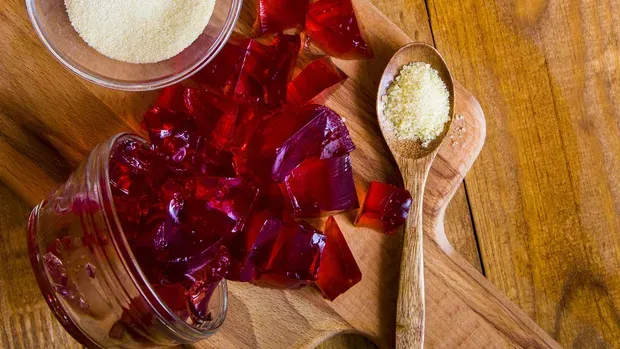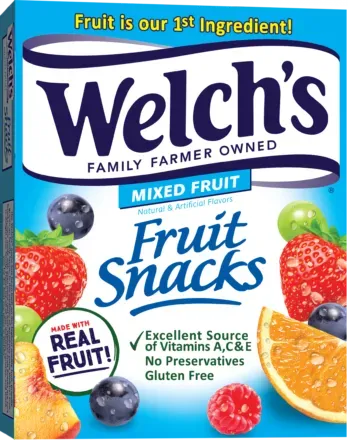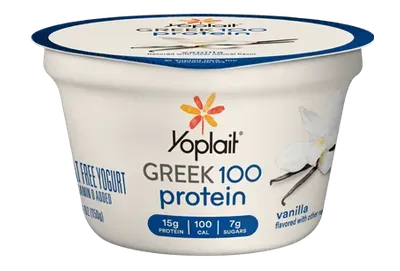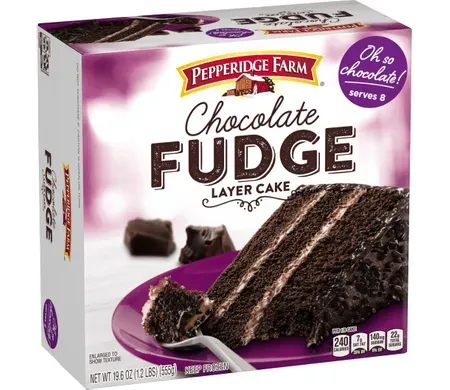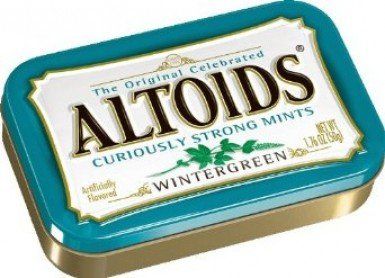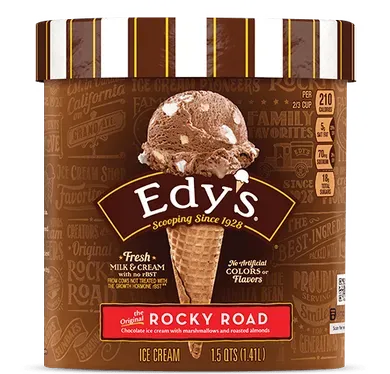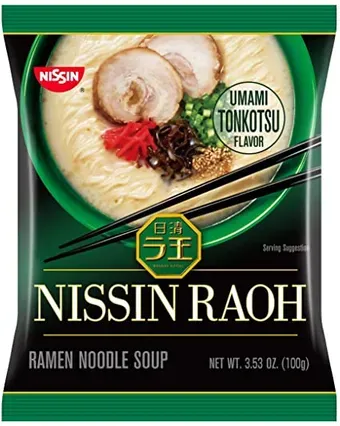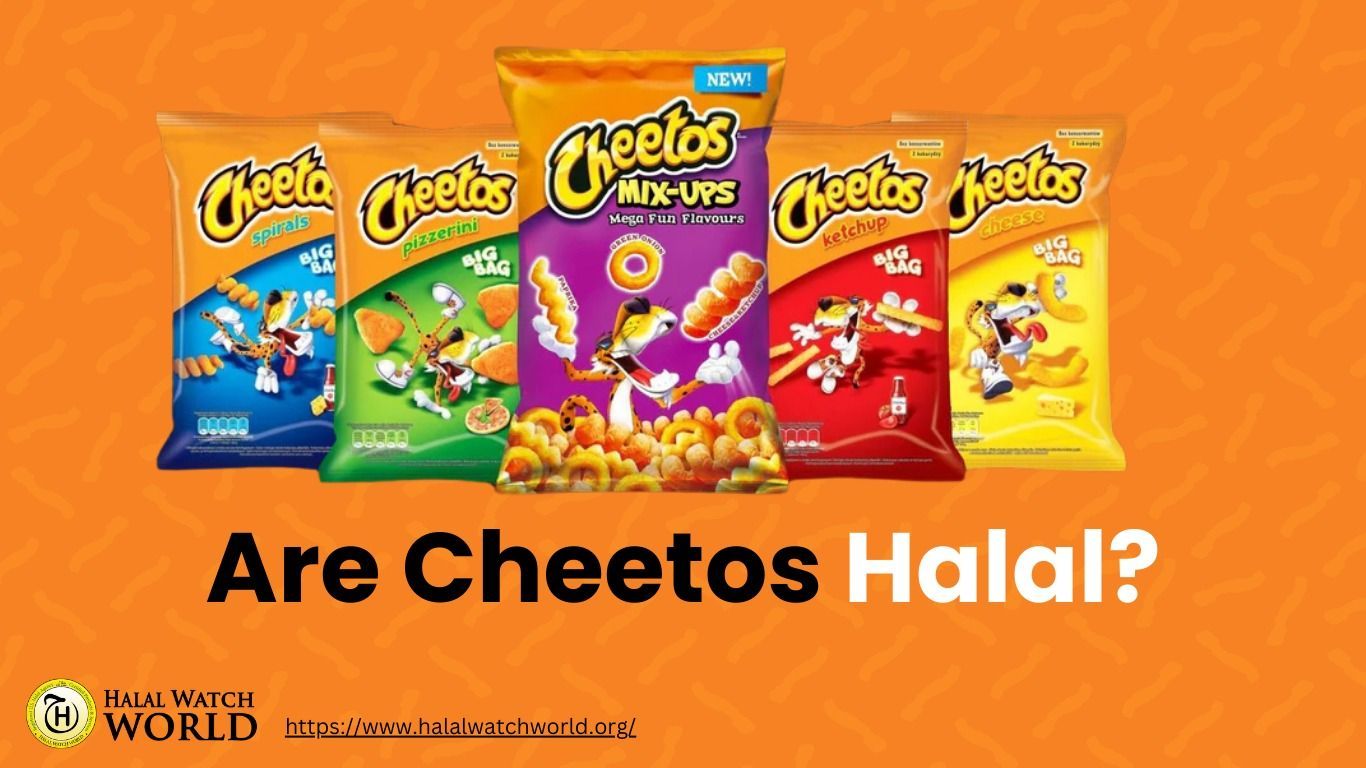1-877-HALAL-WW (+1-877-425-2599)
Six Products Containing Gelatin
In the food industry at large, the use of gelatin is widespread; from gummy sweets to yogurt, gelatin is prevalent in nearly every product that we consume. Essentially, gelatin is a protein product derived from collagen. It's typically obtained from the boiling of skin, tendons, ligaments, and bones from cows or pigs. The gelatin extracted during this process is flavorless and colorless. Once it cools it is jelly-like in form and texture, but turns into a liquid when dissolved in warm water. As a result, it’s used as a malleable gelling agent in food production - specifically in Jell-O products. In this post, we walk you through the aspects that determine a gelatin product's halal status. As a guide, we list six popular products that contain unhalal gelatin.
Is gelatin halal?
No, not all gelatin is halal.
Gelatin that is extracted from pigs, carrion, or permissible animals that are not slaughtered according to Islamic Law, is not halal.
According to MedCrave Journal, the primary source of gelatin is pigskin, however, it can be hard to identify. In some countries, food manufacturers are under no legal obligation to specify the gelatin source used as it is a processing aid. Because the source is hard to trace , the halal status of products containing gelatin can be difficult to determine.
There are products that contain halal-certified gelatin that carry the Halal logo such as the Haribo gummy sweets that are exported from Turkey. Halal gelatin alternatives can be Kosher-certified gelatin or the vegetarian take on gelatin, agar agar, that's derived from seaweed.
Six Products Containing Gelatin
1. Welch's Fruit Snacks
Fruit snacks are a great way to get in your extra nutrition for the day. While they are a healthy alternative to regular sweets, they contain gelatin to give it that extra sticky texture.
We've reached out to Welch's, and they've confirmed that the gelatin used in their Fruit Snacks is derived from both beef and pork. And while they use both equally consistently, they do not mark the packages to show which is used - as it can be both within the same 'pouch.'
Many commercial fruit snacks contain gelatin, and if gelatin is a concern, make sure to read to ingredients carefully before you purchase any packaged fruit snack. Additionally, try out gelatin-free fruit snacks such as Welch's Fruit 'n Yogurt Snacks and Fruit Rolls, or Mott's Assorted Fruit Flavored Snacks.
2. Yoplait's Greek 100
Yogurt is a rich source of protein and calcium. When consumed regularly, it may boost health and improve digestive issues as it contains live cultures and probiotics, which in turn enhances gut microbiota.
Most flavored yogurts – such as Yoplait's Greek 100 range – contain unspecified gelatin. Gelatin provides yogurt with its creamy consistency, and can potentially act as a filler. Before purchasing any yogurt, be sure to scan over the ingredients list and look out for the appropriate certification.
We've reached to Yoplait, and they've advised that the gelatin in their products manufactured in the United States is derived from 'beef hide.' In the product ingredient list, the gelatin is referred to as 'Kosher gelatin.' In other words, the production of their gelatin is under rabbinical supervision. However, products that are not listed as 'Kosher gelatin' such as the Greek 100 products are not Kosher-certified, making it unfit for the Jewish and halal conscious consumer.
Additionally, Chobani's Greek-style yogurt is GMO-free and Kosher certified.
3. Pepperidge Farm Chocolate Fudge Layer Cake
In baking, gelatin is used as a thickening and gelling agent. It's commonly available in a granulated form (available as a brown powder) or sheet/leaf form (colorless and translucent rectangular sheets.) Moreover, it's a food additive that can easily be found in the ingredients list on product labels as 'E441.'
Based solely on the ingredients list on cake mixes, it can be challenging to confirm its halal status. Some products contain animal by-products such as mono- and diglycerides of fatty acids such as Betty Crocker's cake mixes, and others contain gelatin. We've communicated with Pepperidge Farm, and they have confirmed that their Pepperidge Farm's Chocolate Fudge Layer Cake contains gelatin derived from pork.
Before purchasing cake mixes, be sure to scan the ingredients list and read up on dubious ingredients. As an alternative, opt for halal-certified or vegan certified cake mixes, such as Dawn Foods' vegan cake mixes.
4. Altoids
Some of the famous Altoids breath mints contain gelatin of pig origin. Whilst there are many flavors of Altoids, the original sugared ones contain gelatin whereas the the non-sugared Altoids are in fact halal, as they do not contain any animal products in them.
Skittles , Tic Tac , and Mento s are all halal and a delicious chewy sweet alternative.
We live in a heavily processed world where foods are stripped of their natural goodness and altered with animal byproducts. With the dissemination of knowledge provided by halal certifying bodies, we are able to take care of our health and our spiritual well-being at the same time.
5. Edy's Rocky Road Ice Cream
In ice cream, gelatin acts as an emulsifier and stabilizer. It prevents the ice cream from forming ice crystals and aids in maintaining its creamy consistency by lowering its water content through absorption.
In Edy's Rocky Road Ice Cream, their gelatin is produced from their Marshmallow Swirl products, derived from pork-based gelatin. However, since gelatin is an ingredient derived from animals and is non-allergenic, various food and drug administrations do not deem it relevant to specify its source.
As an alternative, look out for halal-certified ice creams in your area, such as Baskin Robbins. If you're unsure of their halal status, request to see their halal certificate.
6. Nissen Ramen Noodle Umami Tonkotsu
Japan is the home of the cup noodles and ramen. In both Japan and the US, 'tonkotsu' is the most popular flavor. Nissen RAOH Ramen Noodle Umami Tonkotsu features a layer of flavors such as onion, garlic, and ginger to make the soup rich and robust in taste. Aside from the undertones of herbs, 'tonkotsu' is a Japanese word that literally translates to 'pork bone.' The tonkotsu is made by boiling pork meat and bones to create a meaty and thick broth.
While cup noodles feel like a hug in a cup on a cold winter's day, try making your noodles at home using veggie stock cubes or leftover vegetable waste for your broth. Additionally, Indomie's noodles are fully halal.
To read more about products with questionable ingredients, read our Eight Types of Products to be Cautious of Before Purchasing.



